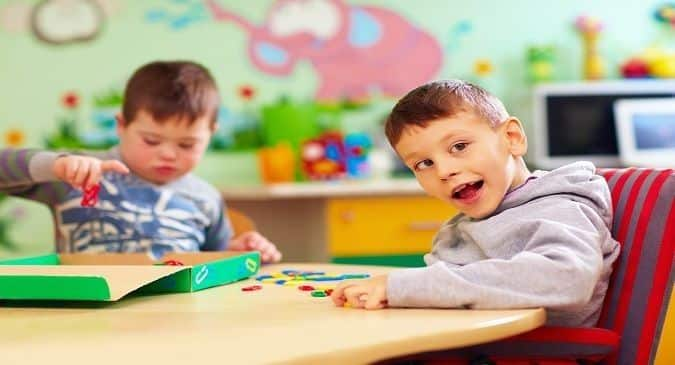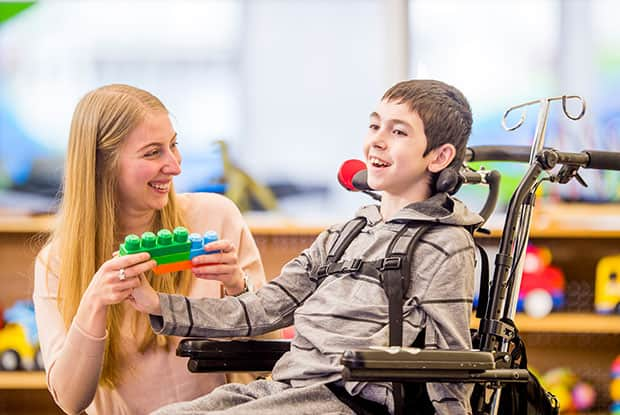7 Signs of unhappy toddler – Raising a toddler can be both a rewarding and challenging experience. It’s normal for toddlers to have tantrums, but if these tantrums are becoming more frequent or intense, it may be a sign that your little one is unhappy. It can be difficult for parents to tell when their toddler is truly unhappy. That’s why it’s important to look out for the signs of an unhappy toddler. In this blog post, we will discuss seven common signs of an unhappy toddler, so you can better understand how to help them and make sure they are safe and happy.
Crying more often than usual
It’s normal for toddlers to have mood swings and cry from time to time, but if your child is crying more often than usual, it could be a sign that they’re unhappy. If your toddler is crying for no apparent reason, or if they seem to be in a bad mood more often than not, it’s worth considering whether there might be something wrong.
There could be many reasons why your toddler might be unhappy. Maybe they’re feeling overwhelmed by all the new changes in their life, such as starting daycare or having a new baby brother or sister. Or perhaps they’re experiencing some separation anxiety from you or another caregiver. It’s also possible that they’re sick or in pain, or that they simply need more attention and affection than they’re currently getting.
If you’re concerned that your toddler might be unhappy, the best thing to do is to talk to them and see if you can figure out what’s wrong. If they don’t seem to want to talk about it, try spending some extra time with them doing things they enjoy, such as playing games, reading books, or going for walks outside. With a little patience and understanding, you should be able to help your child through whatever is making them unhappy.
Acting out aggressively
There are a few different signs that may indicate your toddler is acting out aggressively. For example, they may hit, kick, or bite other children (or adults). They may also throw tantrums or have outbursts of anger.
If you notice your toddler exhibiting any of these behaviors, it’s important to take action. First, try to identify what might be causing the aggression. Is your child tired, hungry, or frustrated? If so, addressing those needs can help reduce the aggression.
You can also help your child learn to express their emotions in more appropriate ways. For example, you can model calm behavior yourself and provide opportunities for your child to practice using their words instead of hitting or kicking. With time and patience, most toddlers will learn to manage their aggression in healthier ways.
Refusing to eat or eat less than usual
If your toddler is refusing to eat or eating less than usual, it could be a sign that they are unhappy. There are a few possible reasons for this behavior. Maybe your toddler is feeling sick, or they could be teething. It’s also possible that they’re just not hungry.
If you’re concerned that your toddler is unhappy, pay attention to other signs of unhappiness, such as increased crying or tantrums. If you think there might be a medical issue, talk to your doctor. Otherwise, try some simple strategies to get your toddler to eat, such as offering favorite foods or letting them play with their food.
Sleeping more or less than usual
If your toddler is sleeping more or less than usual, it could be a sign that they are unhappy. If they are sleeping less, it may be because they are not getting enough rest or because they are anxious. If they are sleeping more, it may be because they are bored or because they are depressed.
Withdrawn or clingy behavior
When a toddler is unhappy, they may start to display withdrawn or clingy behavior. This can manifest itself in many different ways, but some common signs to look for include:
-Your toddler suddenly becomes shy or hesitant around people they used to be comfortable with
-They start clinging to you or following you around constantly
-They have sudden outbursts of crying or tantrums for no apparent reason
-They seem unusually quiet or withdrawn
If you notice your toddler exhibiting any of these behaviors, it’s important to try to figure out what might be causing their unhappiness. Is there something going on at daycare or school that’s upsetting them? Have they had a recent change in routine that’s throwing them off? Or are they simply going through a phase of separation anxiety? Once you identify the source of their unhappiness, you can take steps to help resolve the issue and get your little one back to their happy self.
Lack of interest in favorite activities
It can be disheartening when your toddler suddenly loses interest in activities they once loved. Maybe they used to love going to the park but now they seem indifferent. Or they loved playing with their blocks but now they would rather just sit and watch TV.
It’s important to try to understand why your child may be losing interest in activities they once enjoyed. It could be that they are bored with the activity or it could be a sign of something more serious, like depression.
If you think your child may be depressed, talk to their doctor. Depression is a real illness that can be treated. Don’t hesitate to get help for your child if you think they may be suffering from depression.
Unexplained physical complaints
If your toddler is suddenly experiencing a lot of physical complaints with no obvious explanation, it could be a sign that they are unhappy. These complaints could include headaches, tummy aches, fatigue, and even body aches. If your child is normally healthy and happy but starts to experience these types of complaints out of the blue, it’s worth investigating whether there might be something going on at home or at school that is causing them stress or unhappiness. Home
Also read | 15 Signs Of A Happy Child That Are Noticeable








